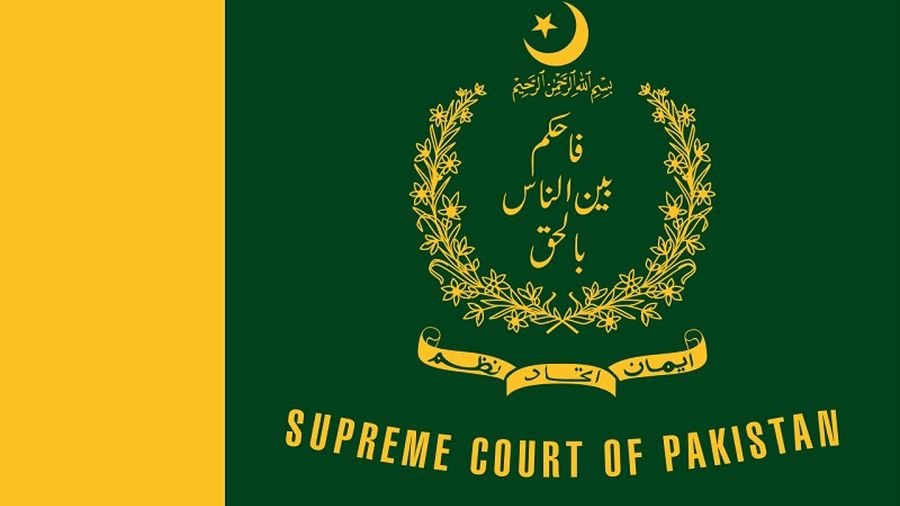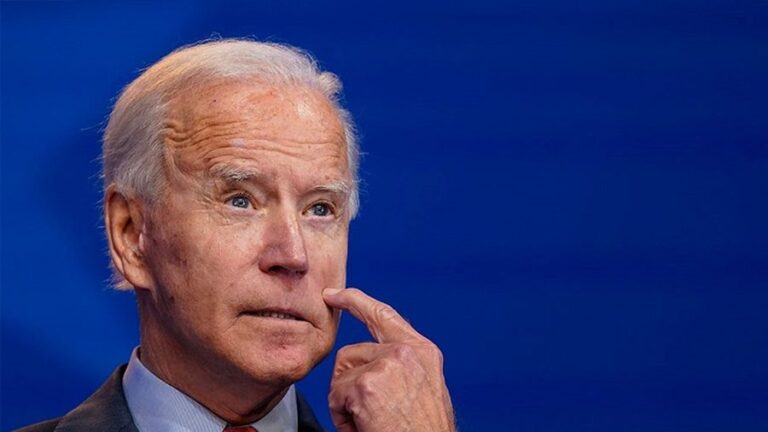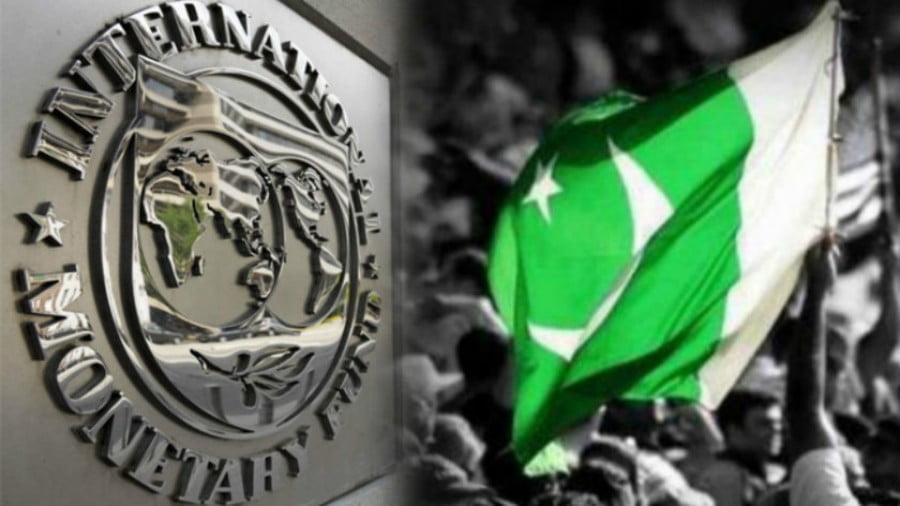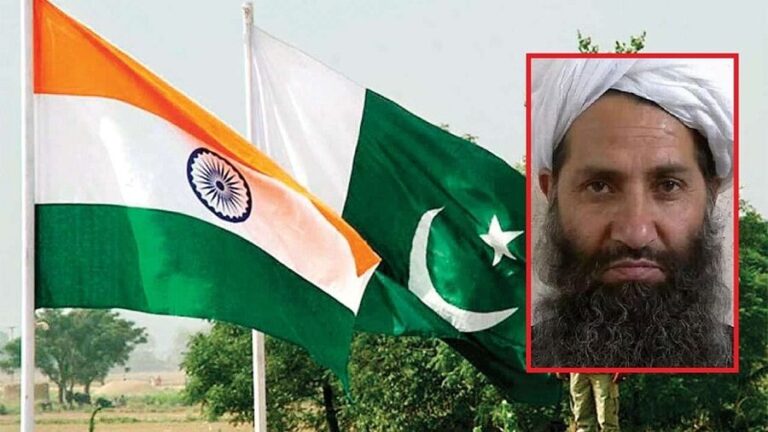Contrasting Perceptions About the Rule of Law in Pakistan After Imran Khan’s Ouster
It’s in Pakistan’s objective national interests to dispel doubts about the rule of law but this is extremely difficult for all responsible stakeholders in The Establishment to do considering what just took place and how immensely polarizing it’s been. Regardless of whichever side one might be on, it’s indisputable that these contrasting perceptions about the rule of law create a socio-political environment that can be easily exploited to harm Pakistan’s objective national interests, which is why it must be resolved as soon as possible even if it’s unrealistic to expect it to be anytime soon.
The ouster of former Pakistani Prime Minister Imran Khan following the opposition’s successful no-confidence motion on Saturday immediately resulted in contrasting perceptions about the rule of law in that country. It’s always been a sensitive and much-discussed issue, but never on the scale that it presently is. Supporters of his removal insist that it was completely in line with the constitution, totally unrelated to any American regime change plot, and allege that the former leader was the one who ridiculously cast doubt on the legality of this process by groundlessly accusing the US of trying to unseat him as punishment for his independent foreign policy. Opponents, meanwhile, insist with equal passion that his removal amounted to the external exploitation of political processes in order to overthrow the former Prime Minister and thus regard it as immoral at best and illegal at worst.
The core of these contrasting perceptions comes down to the relationship between the rule of law and national security. Those who supported the former Prime Minister’s ouster believe that he exploited patriotic Pakistanis’ sincere concerns about national security by supposedly concocting what they describe as a completely false regime change conspiracy theory while their opponents have no doubt about the veracity of his claims and consider his removal to represent a very serious national security threat irrespective of its formal legality. National security is also the domain of the Pakistani Establishment, which refers to its influential military-intelligence structures that can speculatively be described as having two primary schools of thought right now: pro-US and multipolar. That in turn leads to questions about the role that it played (or should have played according to some) in recent events.
These contrasting perceptions are sincerely believed by those who hold them yet they regrettably appear to be irreconcilable, at least for the time being so shortly after former Prime Minister Khan’s ouster. It’s in Pakistan’s objective national interests to dispel doubts about the rule of law but this is extremely difficult for all responsible stakeholders in The Establishment to do considering what just took place and how immensely polarizing it’s been. It also doesn’t help any that opposition leader Shehbaz Sharif, who many expect to become the next Prime Minister, is accused of money laundering. Opponents of the former Prime Minister’s removal claim that this shows what a joke the rule of law has become that a suspected criminal from what they describe as a notoriously corrupt family (his brother Nawaz was the Prime Minister before Imran and sentenced in absentia for corruption) will replace him.
An added wrinkle to all of this is that Shehbaz Sharif publicly accused former Prime Minister Khan of “high treason” so some suspect that he might try to arrest him on that pretext upon taking power in a move that his opponents decry as a political witch hunt and potential revenge for the investigation into his alleged money laundering. The opposition leader is in a dilemma though since not carrying through with that implied threat will suggest that he himself just violated the same rule of law principle that he claims to hold so dear yet trying to get Imran Khan arrested will feed into accusations that he’s also violating the rule of law as explained. The end result is that neither choice will help resolve the seemingly irreconcilable differences that Pakistanis nowadays have over the rule of law in their country but will only widen this divide.
The entire problem that Pakistan is now forced confront can be traced back to prior governments’ failure to resolve their country’s corruption issues, with some of them even engaging in corruption themselves like former Prime Minister Nawaz Sharif was found guilty of doing in absentia. It’s for this reason why Pakistanis are so passionate about the rule of law in their country, but the national security dimension connected with the latest developments concerns them even more than usual since each side’s interpretation of events is mutually exclusive: either Prime Minister Khan exploited national security concerns to violate the rule of law in order to cling to power or the opposition exploited the rule of law to endanger their country’s national security by playing into the hands of a foreign regime change plot (if not openly conspiring with it).
The Establishment probably wishes that everything didn’t get to this point, yet there’s still plenty of speculation swirling about its role in recent events. Even presuming the existence of two primary schools of thought within it, this institution as a whole cannot allow these contrasting perceptions to deepen to the point where it risks endangering national security, yet it must also be careful with its actions and statements in order to avoid inadvertently fueling concerns that its representatives are also violating the rule of law by doing or saying whatever it may be. Regardless of whichever side one might be on, it’s indisputable that these contrasting perceptions about the rule of law create a socio-political environment that can be easily exploited to harm Pakistan’s objective national interests, which is why it must be resolved as soon as possible even if it’s unrealistic to expect it to be anytime soon.







